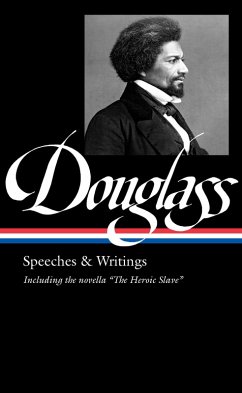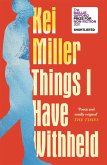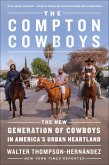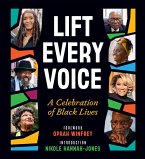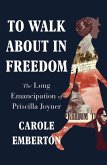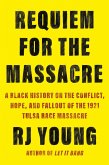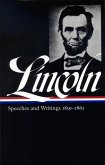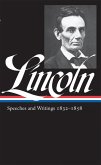The eloquent and defiant writings of the great American freedom fighter, selected by his Pulitzer Prize-winning biographer Frederick Douglass was one of the greatest orators and essayists in American history. While toiling as an enslaved laborer in the Baltimore shipyards he bought a secondhand copy of The Columbian Orator, a "noble acquisition" that he carried with him on his escape to the North. Douglass began his career as an antislavery lecturer in 1841 and founded his first newspaper, North Star, six years later. For the next five decades he used his voice and wielded his pen in the cause of emancipation, equal rights, and human dignity. Inspired by the Hebrew prophets, Douglass developed a unique oratorical and literary style that combined scriptural cadences with savage irony, moral urgency, and keen insight. In his incandescent jeremiad "What to the Slave is the 4th of July?" Douglass skewered the hypocrisy of the slaveholding republic; and in "The Claims of the Negro Ethnologically Considered" he refuted white supremacist ideology. "Resistance to Blood-Houndism" called for forceful opposition to the Fugitive Slave Act; "Capt. John Brown Not Insane" praised the "self-forgetful heroism" of the abolitionist martyr; and "How to End the War," published in 1861, called for the raising of Black troops and the destruction of slavery. In his oration at the Freedmen's Memorial in 1876, Douglass offered a brilliantly perceptive assessment of Lincoln's role in emancipation; "There Was a Right Side in the Late War" attacked the "Lost Cause" mythology of the Confederacy; and "The Lessons of the Hour" denounced lynching and disenfranchisement in the emerging Jim Crow South. As a special feature the volume also includes Douglass's only foray into fiction, the 1853 novella "The Heroic Slave," about a shipboard insurrection.
Dieser Download kann aus rechtlichen Gründen nur mit Rechnungsadresse in A, B, BG, CY, CZ, D, DK, EW, E, FIN, F, GR, HR, H, IRL, I, LT, L, LR, M, NL, PL, P, R, S, SLO, SK ausgeliefert werden.

